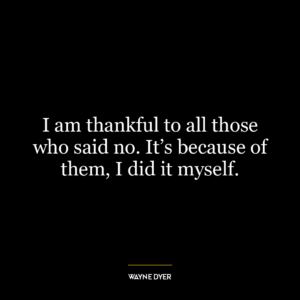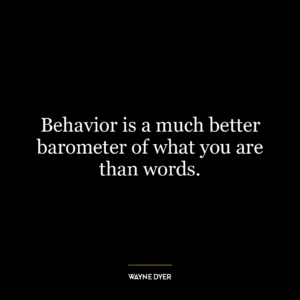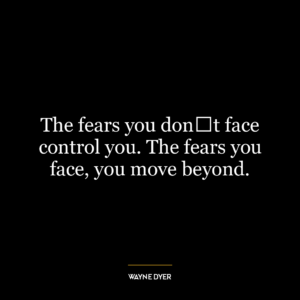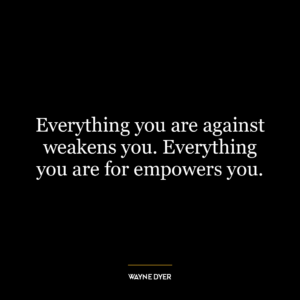When I sit down to write a book, I don’t ask myself, “How many am I going to sell?”
The quote, "When I sit down to write a book, I don’t ask myself, ‘How many am I going to sell?’" emphasizes the importance of focusing on the process and the passion behind a project, rather than the potential financial or commercial gain. It suggests that the act of creation should be driven by a genuine interest, love, or need to express oneself, rather than by the desire for profit or popularity.
This perspective can be seen as a critique of a common mindset in our modern, capitalist society, where success is often measured in terms of sales, profit, or material gain. By rejecting these metrics, the quote suggests an alternative definition of success that is more personal and subjective, based on individual satisfaction and fulfillment.
In the context of personal development, this quote could be interpreted as a call to focus on intrinsic motivation – doing something because you enjoy it or find it meaningful – rather than extrinsic motivation – doing something for the rewards it might bring. Research has shown that intrinsic motivation can lead to higher levels of creativity, productivity, and overall well-being.
Applying this idea in today’s world might involve pursuing a hobby or career not because it is popular or profitable, but because it brings personal satisfaction. It might also involve valuing the process of learning and growing, rather than focusing solely on the end result. For example, in the realm of education, students might be encouraged to focus on the joy of learning and discovery, rather than on grades or test scores.
In a broader societal context, this quote could be seen as a call to re-evaluate our collective priorities and values. Instead of focusing solely on economic growth or material wealth, we might also consider other measures of success, such as happiness, well-being, creativity, and social connection.















